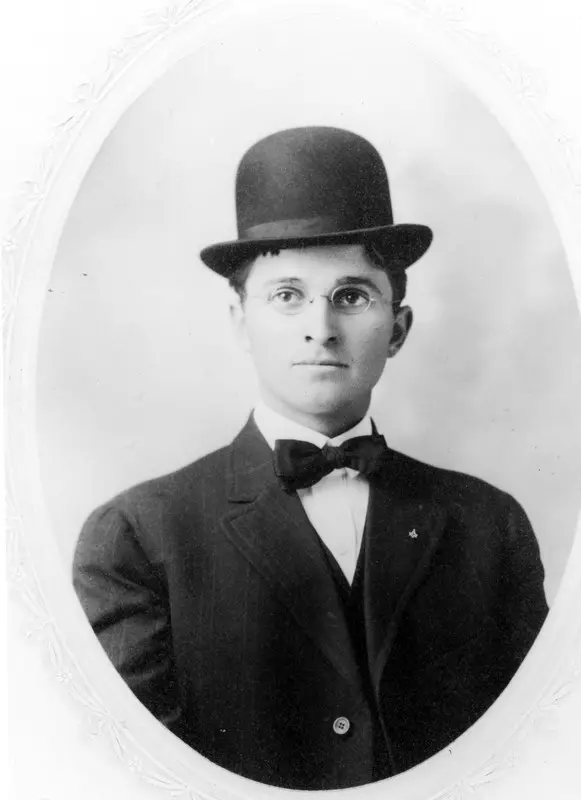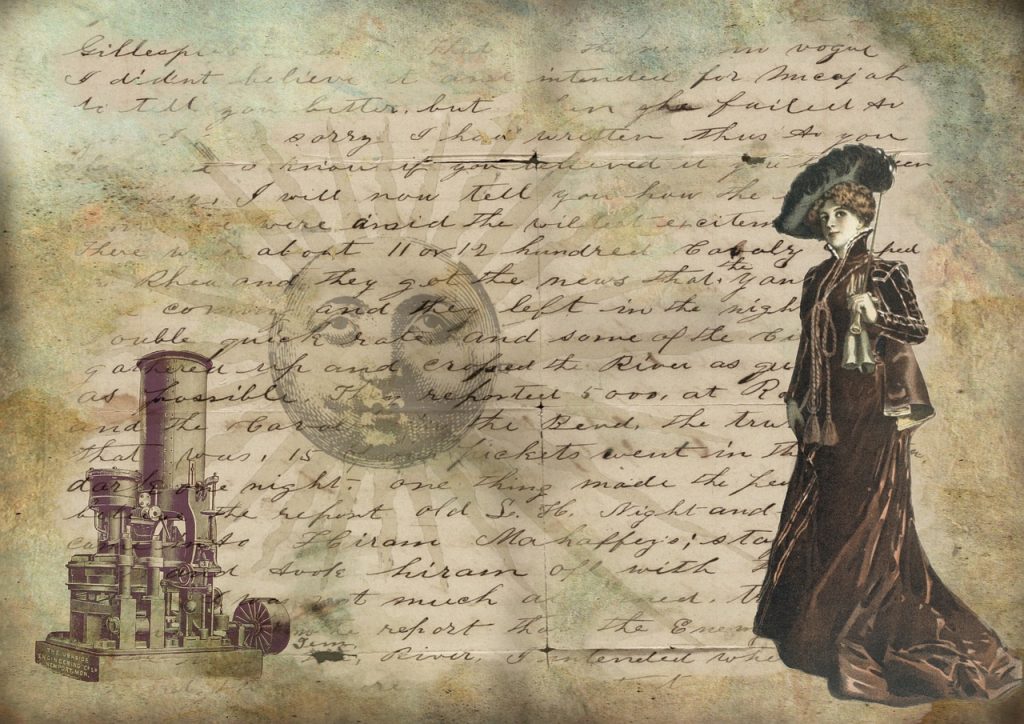“A true heart, a strong mind, and a great deal of courage and I think a man will get through the world.”~ A High School Composition by Harry Truman
 ne summer’s day, a young Harry Truman was riding the new pony his father, John Anderson Truman, had just bought him. John, an avid horseman who expected his eldest son to inherit the same passion for riding, carefully led the pony through the field, but suddenly, the boy fell off. He got up, shaking and crying, and went to his father looking for solace, only to be told that little boys who cry must walk home.
ne summer’s day, a young Harry Truman was riding the new pony his father, John Anderson Truman, had just bought him. John, an avid horseman who expected his eldest son to inherit the same passion for riding, carefully led the pony through the field, but suddenly, the boy fell off. He got up, shaking and crying, and went to his father looking for solace, only to be told that little boys who cry must walk home.
The dejected child walked the few miles home with tears rolling down his cheeks, straight into the arms of his loving, and often overprotective, mother. Looking back, Harry chose not to be bitter over his father’s response, instead saying that it taught him to never give up and never admit to being afraid.
Harry S. Truman spent his childhood and early adult years trying to earn John Truman’s respect, but this strong desire to prove his worthiness would follow him for years after his father had died, especially when he unexpectedly found himself the leader of the free world. But the invaluable lessons learned from these trying early years shaped the character of the simple man from Missouri who would become the 33rd President of the United States.
Early Years in Independence
Harry S. Truman was born in Lamar, Missouri on May 8, 1884, the eldest child of John and Martha Ellen Young Truman. A brother, John Vivian, and a sister, Mary Jane, followed a few years later. When Harry was six, his parents moved 120 miles north to a town called Independence, Missouri, where Harry would one day retire and build his presidential library.
Harry S. Truman was born in Lamar, Missouri on May 8, 1884, the eldest child of John and Martha Ellen Young Truman. A brother, John Vivian, and a sister, Mary Jane, followed a few years later. When Harry was six, his parents moved 120 miles north to a town called Independence, Missouri, where Harry would one day retire and build his presidential library.
Called the “Queen City of the Trails” because it was the departure town for the California, Oregon, and Santa Fe Trails, Independence was still a snapshot of the Wild West when Harry was growing up. Cowboys traipsed into town on their horses, with pistols packed in their holsters, and for a little boy who wore glasses to correct his poor eyesight, these heroic figures seemed almost untouchable.
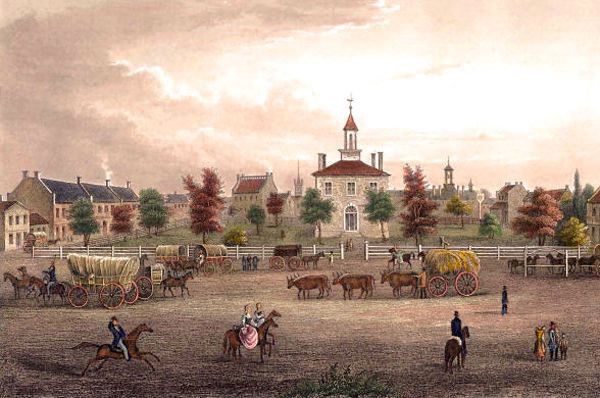
Seen somewhat as an oddball at school, Harry never partook in roughhousing with his male classmates, instead preferring to practice Mozart compositions on the piano, dreaming of someday being a concert pianist. It was Martha Truman, who had studied music in college, who passed down this love for piano to her eldest son. With an innate ear for music, Harry quickly learned how to play, and it would remain a lifelong favorite hobby. The shared love for music created a bond between mother and son, leading Martha to become overprotective of the sensitive child.
Adolescence
John Anderson Truman’s relationship with his firstborn was far more complex. John valued Midwestern strength in men and relished a good fight. If a man made a denigrating comment about him, his family, or a politician he strongly supported, he did not bat an eye at throwing the first punch. Although he was a hard worker who made his living buying and trading horses and mules, John lacked common sense when it came to finances, which eventually cost his family everything.
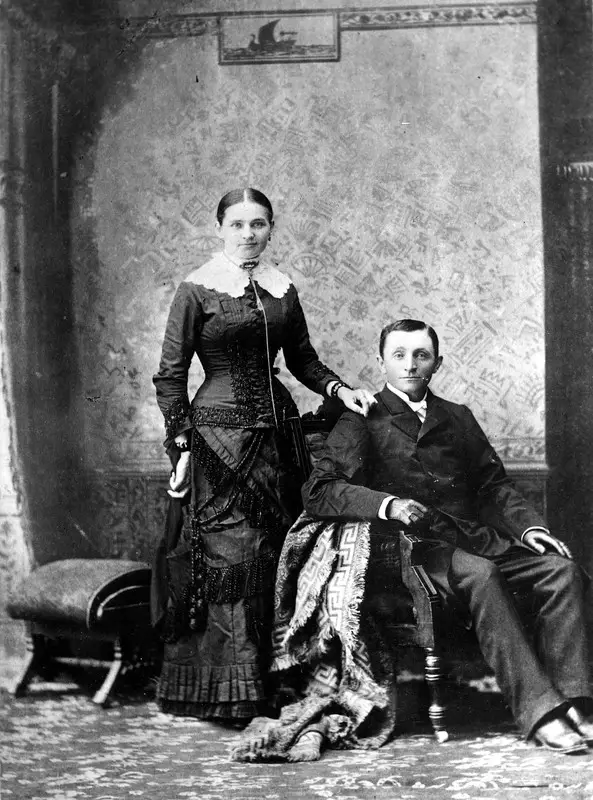
In addition to his love for the piano, Harry had a passion for education and literacy. A fervent reader, his favorite books were biographies on the Founding Fathers and Confederate leaders, speaking to the beliefs preached to him during childhood. Ideologically speaking, Independence mirrored the Jim Crow South rather than a typical Midwestern village. Racial slurs were common around the Truman household, and leaders such as Robert E. Lee were revered while Abraham Lincoln was remembered with distaste.
Realizing the value of education, Harry was one of the few boys in Independence to attend high school. Although his classes were primarily filled with girls, there was only one who had stolen his heart: Elizabeth “Bess” Wallace. Harry and Bess had first met in Sunday School when he was six and she was five, and from the moment he laid eyes on her, he knew she was the only one for him.
Unlike Harry, Bess had lived a privileged life as the only daughter of David Wallace, a local politician. Life was pristine for Bess, until her father committed suicide when she was only 18. The shock sent her mother spiraling into depression, and she became a virtual recluse who relied heavily upon her only daughter. With her mother being so dependent on her, Bess gave no thought to marriage.
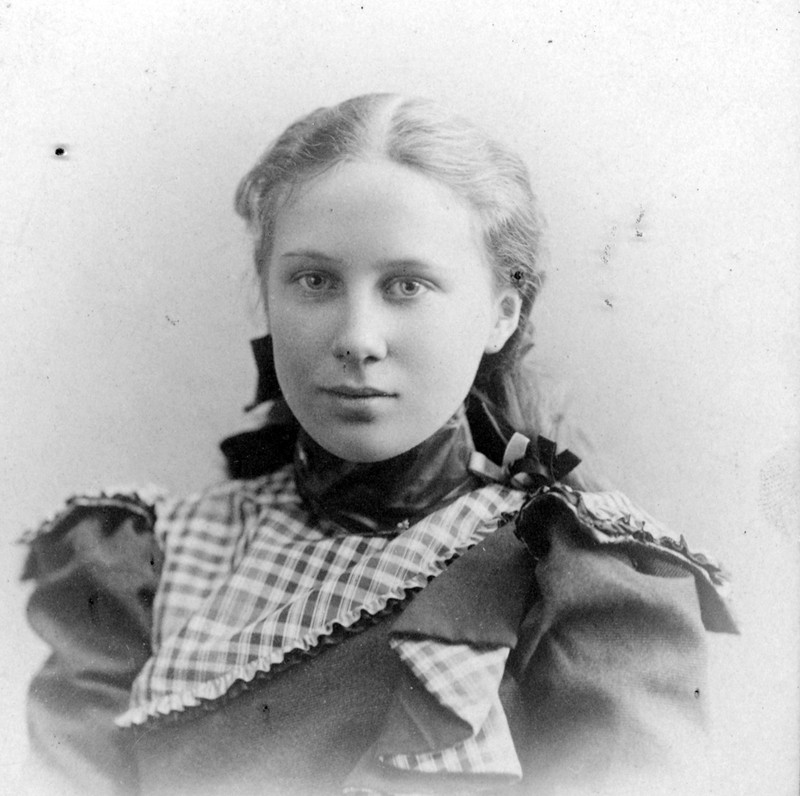
Introduction to Politics
Himself in his late teens, Harry was not ready for marriage either, but he was anxious to attend college. Unfortunately, his father’s spontaneous investments in “get rich quick” schemes cost the family their savings and home, dashing Harry’s hopes of going to a prominent university. This further complicated Harry’s relationship with his father, but John did introduce his son to the world of politics by arranging for him to serve as a page at the 1900 Democratic Convention in Kansas City.
Still wanting to attend college, Harry enrolled at Spalding’s Commercial College in Kansas City, studying typing, bookkeeping, and shorthand. Kansas City could not have been more different than Independence. It was filled with all the “immoral” activities he heard about from his mother, such as gambling, burlesque, and prostitution.
One year after starting school, Harry made the difficult decision to leave and enter the workforce in order to help his struggling family. Over the next few years, he worked as a mailroom boy, a timekeeper for a railroad construction company, and a bank clerk. Every paycheck he earned was sent back home to Independence.
Harry also briefly joined the Missouri National Guard, and the limited spare time he had was spent attending plays and concerts. On one occasion, he heard President Theodore Roosevelt give a speech on the back of a railroad car, but the president failed to make a big impression, because, years later, Harry could only recall how surprised he was that Roosevelt was so short.
In 1906, 22-year-old Harry received word that his father had sold their livestock and home and was accepting his mother-in-law’s offer of taking over her 600-acre farm in Grandview, just outside of Independence. Making the move back home, Harry spent the next eight years helping his father and brother care for the land and animals. He labored through freezing winters and blistering summers, proving to his father he was no longer the “sissy” boy who preferred staying inside playing Mozart.
Pursuit of Purpose
Being back near Independence did give Harry an excuse to see Bess again. To her chagrin, he ferociously pursued her, at one point building a grass tennis court for her after learning she loved to play tennis. To his disappointment, she did not show up for its grand opening. He finally chalked up the courage to propose to her by letter, only to be met with a reply declining his offer. He responded back that she had turned him down so politely he was almost happy anyway. According to Harry, he never expected for a girl like her to fall for a boy like him, likely referring to the difference in social status.
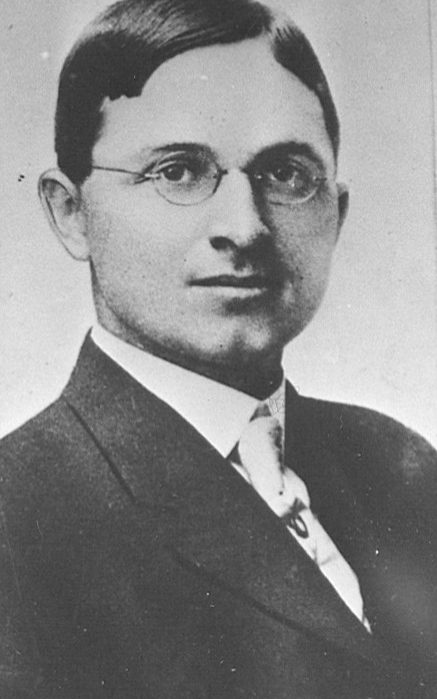
In 1914, John Truman was stricken with tumors and was soon on his deathbed. As Harry sat beside his dying father, John confided to his son that he felt his life had been a failure. Despite the tensions in their relationship and Harry’s constant striving to please his father, he never uttered a bad word about him for the rest of his life. When a reporter asked Harry years later if he believed his father was a failure, he replied that he could not have been a failure since his son had risen to the presidency.
After John’s death in the fall, Harry went back to work and followed in his father’s footsteps by gambling on risky ventures. First, he invested in a zinc mine and lost, then he became convinced he was going to strike it rich with an oil mine, even persuading Bess to pitch in some of her inheritance. Again, luck was not on his side, and he lost $5,000. Bess lost her money as well.
At 33 years-old, Harry had never embarked on a successful venture, even failing time and again at convincing Bess to marry him. But there was a storm brewing over in Europe, and soon, the United States would find itself engulfed in it. World War I was a key turning point in the life of Harry S. Truman; a time when he would come into his own and prove to himself that with a strong mind and courageous attitude anything was possible.

Holley Snaith is a historian who specializes in 20th century U.S. history. She has worked with the FDR Library, the Richard Nixon Foundation, National Park Service, and the nonprofit Eleanor Roosevelt Center. In addition to writing about political history, Holley also researches entertainment and music history.
Feel free to reach out at holleysnaithwriter@gmail.com

